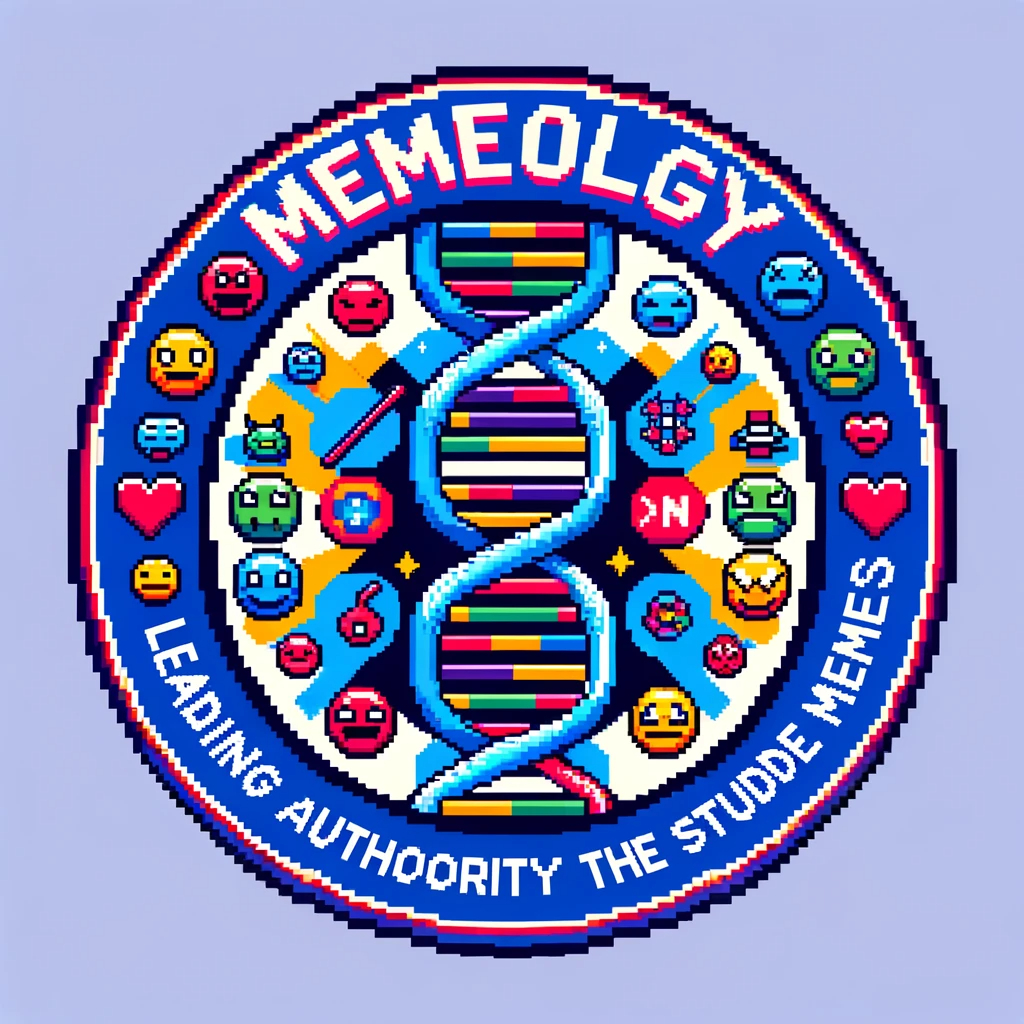This paper is available on arxiv under CC BY-NC-SA 4.0 DEED license.
Authors:
(1) Alyvia Walters, Rutgers University, USA;
(2) Tawfiq Ammaris, Rutgers University, USA;
(3) Kiran Garimella, Rutgers University, USA;
(4) Shagun Jhaver, Rutgers University, USA.
Table of Links
- Abstract & Introduction
- Background and Related Work
- Methods
- The Tools of CRT Meme Production
- Knowledge Production in a Post-Truth World
- Conclusion & References
Abstract
Visual culture has long been deployed by actors across the political spectrum as tools of political mobilization, and have recently incorporated new communication tools, such as memes, GIFs, and emojis. In this study, we analyze the top-circulated Facebook memes relating to critical race theory (CRT) from May 2021 – May 2022 to investigate their visual and textual appeals. Using image clustering techniques and critical discourse analysis, we find that both pro- and anti-CRT memes deploy similar rhetorical tactics to make bifurcating arguments, most of which do not pertain to the academic formulations of CRT. Instead, these memes manipulate definitions of racism and antiracism to appeal to their respective audiences. We argue that labeling such discursive practices as simply a symptom of “post-truth” politics is a potentially unproductive stance. Instead, theorizing the knowledge-building practices of these memes through a lens of political epistemology allows us to understand how they produce meaning.
Keywords online social platforms, political epistemology, CRT
Introduction
Critical race theory, a once-esoteric legal theory, came to public consciousness at least partially through the 2021 Virginia gubernatorial campaign (Barakat and Rankin 2022). Republican hopeful Glenn Youngkin vowed to ban CRT from public education on his first day in office, a promise upon which he delivered with an executive order after his election. Though there is not strong enough evidence to say whether campaigning on critical race theory is what actually won Youngkin the election, there is no doubt that it was a major platform stance that picked up traction both in the state and across the nation (Beauchamp 2021). From this gubernatorial campaign, a flurry of public debates surrounding CRT have ensued in political speech, policy proposals, and social media discourse.
Digital social media platforms have been a hub for this discussion where users often share their opinions, beliefs, and concerns about CRT through memes. For this study, we collected 5,662 CRT-centered memes, which circulated on Facebook from May 2021 – May 2022, and qualitatively analyzed the 27 top-circulated memes. We aimed to gain insights into the discourse surrounding CRT and examine how visual means are deployed to influence the public by analyzing the images shared by users. Scrutinizing the dominant themes and narratives in these images, we found that CRT memes provided a site of overt epistemological struggle: both proand anti-CRT camps used similar rhetorical tools to make bifurcating arguments about the stakes of integrating “CRT” into the American socio-cultural landscape. While doing so, these ideological groups competed for the most convincing definitions of both critical race theory and antiracism which a) fit their own political framings, and b) worked to convince their community of followers that their beliefs were notracist. As such, the institutional definitions of both critical race theory and antiracism were largely absent from these memes. We argue that it is erroneous to mark memes that get these definitions “wrong” as simple artifacts of a posttruth society. Instead, we advocate for a more critical look at the ramifications of such visual cultural artifacts through the lens of political epistemology. We posit that these memes are rhetorically complex units of sensegiving that are performing significant political work for both supporters and opponents of CRT.

